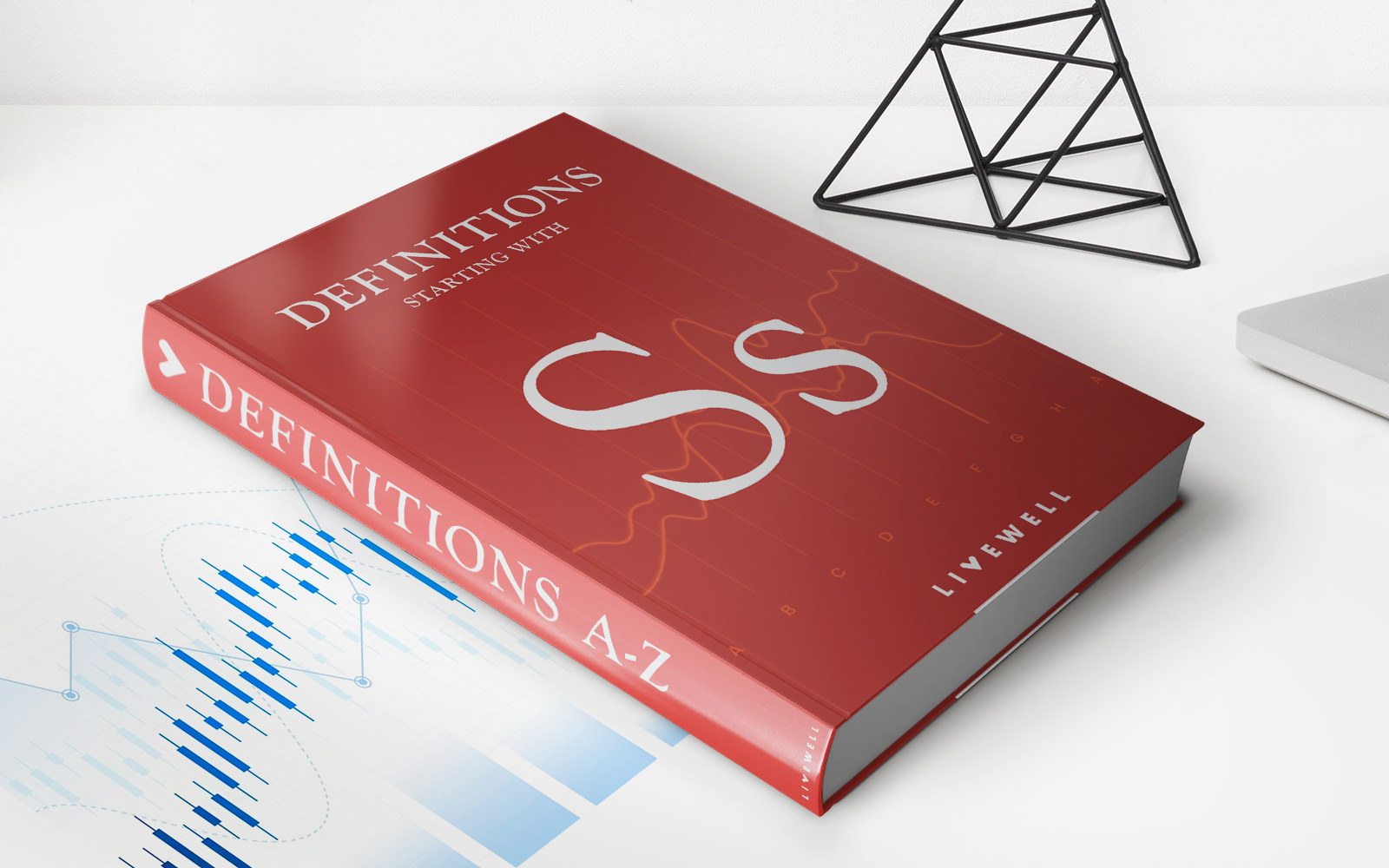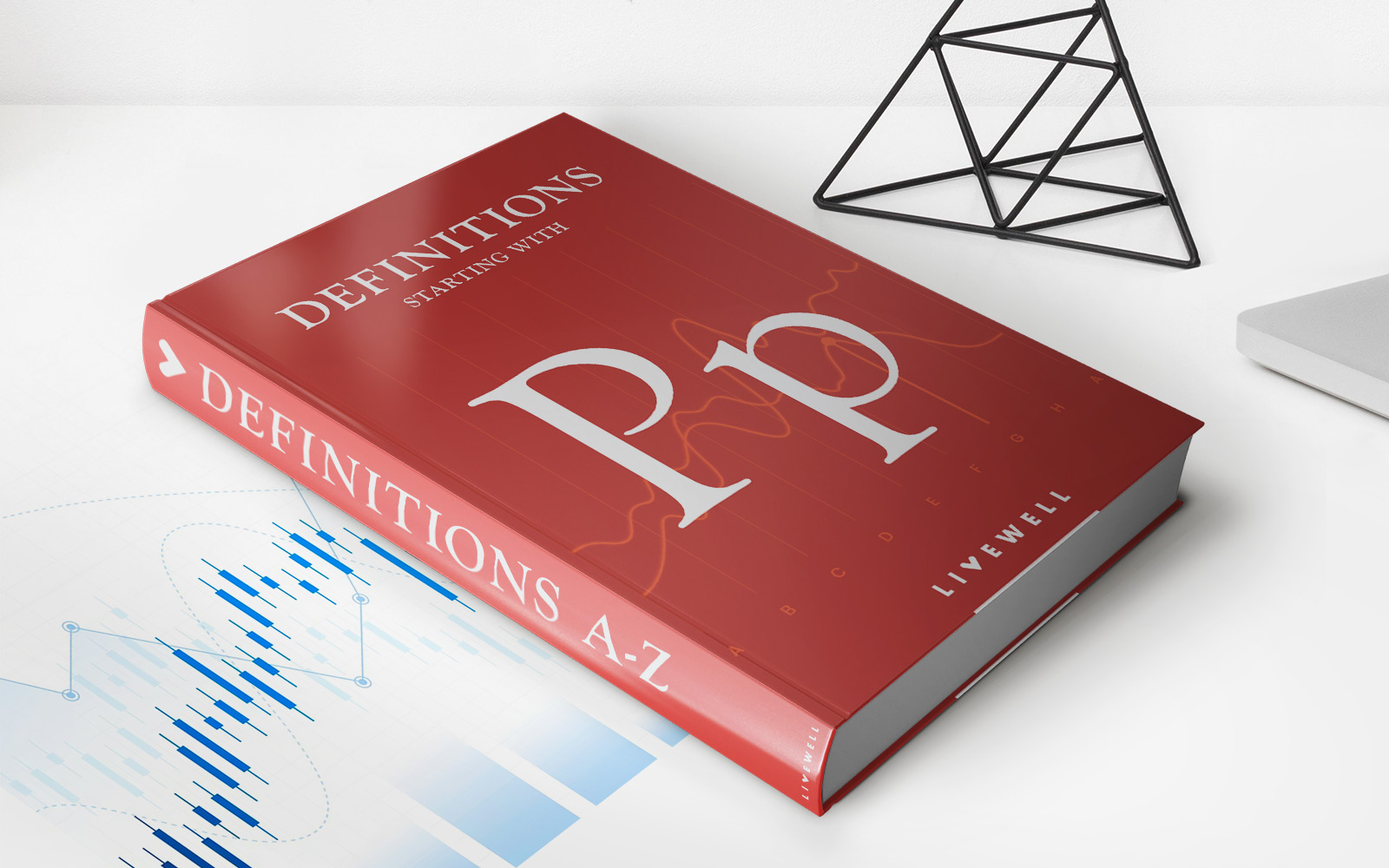

Finance
Fixed Term Definition
Published: November 25, 2023
Learn the meaning and importance of fixed term in finance, and how it can impact your financial planning and investment strategy.
(Many of the links in this article redirect to a specific reviewed product. Your purchase of these products through affiliate links helps to generate commission for LiveWell, at no extra cost. Learn more)
Fixed Term Definition and How it Affects Your Finances
When it comes to managing your finances, having a clear understanding of different financial terms is essential. One such term is “fixed term.” In this blog post, we will dive into the definition of a fixed term and discuss how it can impact your financial decisions.
Key Takeaways:
- A fixed term refers to a specific period of time during which the terms and conditions of a financial agreement remain unchanged.
- Fixed term agreements are commonly seen in various financial products such as loans, mortgages, and savings accounts.
So, what exactly does a fixed term mean? Essentially, a fixed term refers to a predetermined period of time during which the terms and conditions of a financial agreement remain unchanged. This means that the interest rates, repayment amounts, and other terms agreed upon at the beginning of the fixed term will stay the same throughout its duration. Understanding the implications of a fixed term is crucial for making informed financial decisions.
Let’s explore some aspects of fixed term agreements and how they can affect your finances:
- Stability: One of the primary benefits of a fixed term agreement is the stability it offers. Knowing that the terms and conditions will remain unchanged for a set period of time allows you to plan your budget and financial goals with more certainty.
- Fixed Interest Rates: In many financial products such as loans and mortgages, a fixed term is often accompanied by a fixed interest rate. This means that your monthly repayments will remain the same for the duration of the fixed term, regardless of any fluctuations in the market interest rates. This can provide peace of mind and consistency in your financial planning.
- Limited Flexibility: While a fixed term can offer stability, it can also limit your flexibility. Breaking a fixed term agreement before its maturity date may result in penalties or fees. Therefore, it’s important to carefully consider your financial circumstances and potential need for flexibility before entering into a fixed term agreement.
Whether you are considering borrowing money, opening a savings account, or exploring other financial options, understanding the concept of a fixed term is crucial. It allows you to make informed decisions based on your financial goals, risk tolerance, and current market conditions.
In conclusion, a fixed term refers to a predetermined period of time during which the terms and conditions of a financial agreement remain unchanged. This stability can be advantageous, especially when it comes to managing your finances and planning your budget. However, it’s important to weigh the benefits of stability against the potential limitations on flexibility. By understanding the implications of a fixed term, you can make smart financial choices that align with your goals.














